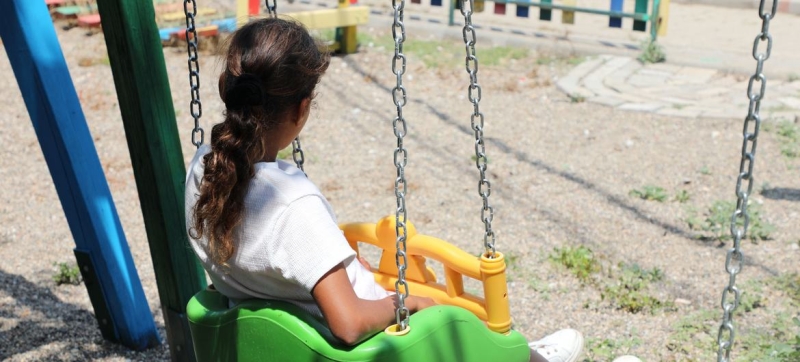
Girls are more likely to fall into the clutches of traffickers than boys. July 30 – World Day Against Trafficking in Persons Human Rights
A third of all victims of human trafficking are children, and they are more often subjected to violence by criminals than adults. Girls are more likely to fall into the clutches of traffickers than boys. The UN recalls this sad statistic on the occasion of World Day Against Trafficking in Persons. This year it is dedicated to the protection of children.
“On this World Day against Trafficking in Persons, we pay special attention to the most vulnerable among us – children. Children make up one third of victims of human trafficking and are subjected to horrific violence: they are forced to work, sold as brides, recruited as soldiers and forced into criminal activity,” said UN Secretary-General António Guterres.
Since 2003, the UN Office on Drugs and Crime has collected information on hundreds of thousands of victims of human trafficking around the world. Experts note that the number of such crimes continues to grow.
Social and economic factors play a significant role in human trafficking, and victims are more often representatives of the least socially protected groups, but no group of the population, no country and no region of the world is immune.
Children are becoming increasingly defenseless
Africa and Latin America are the regions with the highest number of child victims, accounting for 60 percent of those exploited and trafficked into slavery. Against the backdrop of the pandemic and its aftermath, economic crises, armed conflicts and climate shocks, children are becoming increasingly vulnerable.
In addition, the proliferation of various online platforms creates additional risks, as children often connect to them without adequate security measures. Traffickers use social media and the dark web to exploit and recruit children.
“Online platforms increase the risk of children being exposed to sexual exploitation and gender-based violence, and enable traffickers to exploit victims outside their countries,” the UN chief said.
Addressing the Problem
Protecting minors remains a challenge due to a lack of data and under-resourced victim support services. Traffickers often use coercion, deception and threats to maintain control over their victims, making it difficult for authorities to intervene.
As the UN emphasizes, urgent, comprehensive action and concerted efforts at both the national and international levels are needed to address the problem. States must prioritize the protection of children, strengthen legislation in this area, improve law enforcement and allocate more resources to combat child trafficking.
“We must strengthen protection measures, including child-sensitive justice mechanisms, raise awareness, support unaccompanied children on the move, provide care for survivors and address the root causes of exploitation by helping vulnerable families,” the Secretary-General stressed.
“I call on governments, civil society and the private sector, including technology companies, to intensify their efforts and cooperation to ensure that no child is ever victimized and no trafficker goes unpunished,” he concluded.
Read also:
